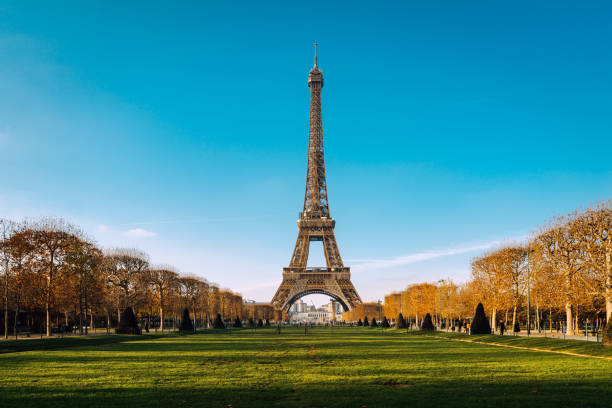
From Global Protests to Investigations: The Ongoing Battle for Ethical Labor Practices
What Happened After the 2024 Olympic Protests? Nike and Adidas Face Growing Scrutiny...
The 2024 Paris Olympics wasn’t just a showcase of athletic brilliance; it also became a powerful platform for labor rights activists to highlight critical issues in the fashion industry. Nike and Adidas, two of the world's most prominent sportswear brands, were thrust into the spotlight as labor activists protested against the exploitative practices in their supply chains. But what happened after the dust settled? Did these protests lead to meaningful change, or did they fade into the background as just another news cycle?
Shining a Spotlight on Labor Exploitation
During the 2024 Olympics, groups like the Asia Floor Wage Alliance (AFWA) and Global Labour Justice (GLJ) organized protests that grabbed global attention. These protests were held in key cities, including Nike’s headquarters in Portland and at high-profile events in New York and Washington, D.C. The focus was on the harsh realities faced by workers in South and Southeast Asia, who have long been subjected to unfair wages, unsafe working conditions, and forced labor practices—issues that were exacerbated during the COVID-19 pandemic.
Protesters didn’t hold back in demanding that Nike and Adidas take immediate action to address these issues. The calls for transparency and accountability were louder than ever, with labor rights groups making it clear that these brands could no longer hide behind empty promises.
Corporate Commitments and Public Pressure
In response to the protests, both Nike and Adidas issued statements acknowledging the concerns raised and promising to review their supply chain practices. While these commitments were a step in the right direction, they were met with skepticism. Labor rights organizations emphasized that real change requires more than just words—it requires action. The ongoing pressure has forced these companies to continue addressing the issues, with public scrutiny ensuring that they stay accountable.
Adding Fuel to the Fire
Just when Nike was beginning to navigate the fallout from the protests, the company found itself at the center of another controversy. An investigation was launched into Nike's potential ties to forced labor in Xinjiang, China—a region notorious for human rights abuses, particularly against the Uyghur population. This probe has intensified the focus on Nike, raising serious questions about the brand’s overall commitment to ethical practices.
The Broader Impact
While the ongoing investigations and protests highlight significant challenges, they also represent a win for the fashion industry in several ways:
-
Increased Accountability: The spotlight on Nike and Adidas has raised awareness about labor issues, not just within these companies but across the industry. This has led to greater accountability, with more brands being called out for unethical practices and consumers demanding higher standards.
-
Empowered Consumers: As more people become aware of these issues, they’re making more informed decisions about where they shop. This shift towards conscious consumerism is helping to drive the industry towards better practices, as brands realize they need to meet these new expectations to retain their customers.
-
Support for Ethical Brands: The scrutiny on major brands has opened up opportunities for smaller, independent brands that prioritize ethical practices. This is a significant win for the fashion industry, as it encourages diversity in the market and supports brands that might otherwise go unnoticed.
-
Long-Term Change: The sustained pressure on companies like Nike and Adidas could lead to long-term changes in how the fashion industry operates. If these brands genuinely improve their supply chains, it could set a new standard, pushing the entire industry towards more ethical practices.
-
Cultural Shift: The ongoing conversation around labor rights and sustainability is gradually shifting the fashion industry away from fast fashion and towards more responsible production methods. This is a major win, as it aligns the industry with values of fairness, sustainability, and quality.
How You Can Make a Difference
As consumers, we have the power to drive change. By supporting brands that prioritize ethical practices, like those featured on Riverspell, we can help push the fashion industry in the right direction. Shopping consciously isn’t just about what you wear—it’s about the story behind it and the impact your choices have on the world.
At Riverspell, we’re committed to curating collections that align with these values. We believe in elevating brands that prioritize fair wages, safe working conditions, and sustainable practices.
For more details on the ongoing efforts to hold Nike and Adidas accountable, check out the reports from Global Labor Justice, the Business & Human Rights Resource Centre, and the latest investigation covered by Ecotextile News.
